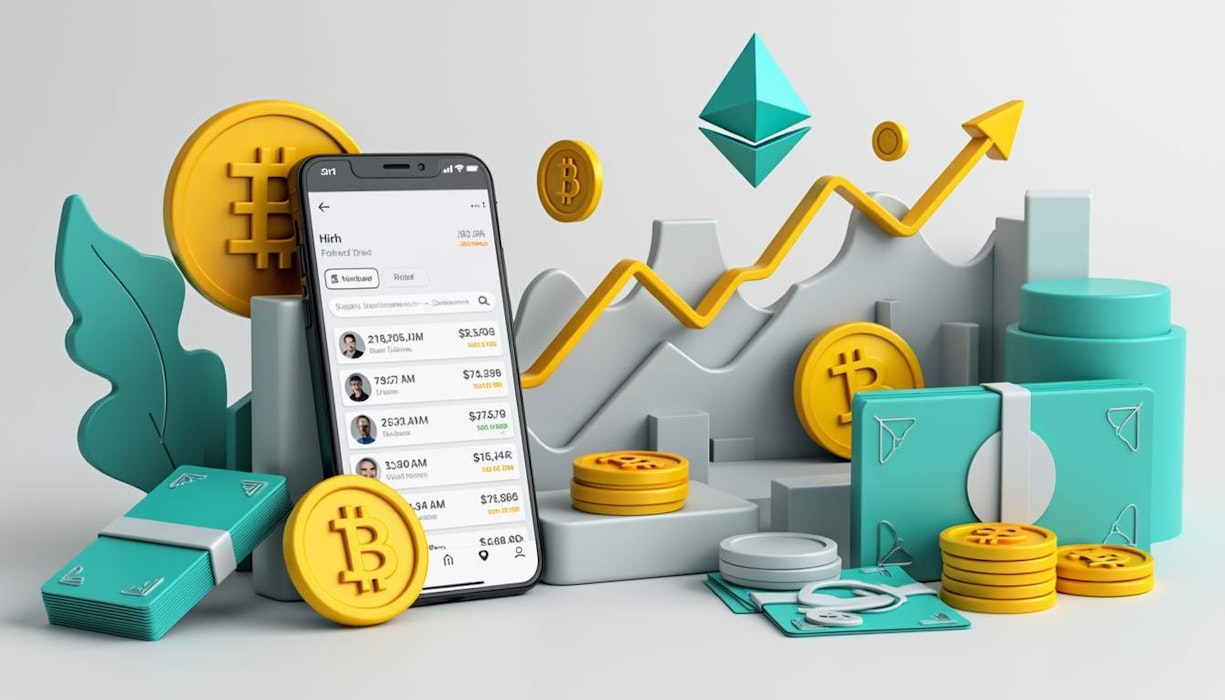Coinbase is taking a hard stance on stablecoins that don’t comply with MiCA regulations, and it’s going to change the game for crypto trading. With the EU's Markets in Crypto Assets (MiCA) regulation finally kicking in, only compliant stablecoins like USDC and EURC will remain on the platform. This is not just bad news for small businesses that depend on these stablecoins for cross-border payments, but also a clear signal that regulatory compliance is the name of the game now. Let's dive into how this could stabilize the market and what this means for decentralized stablecoins in the future.
What Does This Mean for Stable Coins in Crypto?
Coinbase is delisting all stablecoins that aren't compliant with MiCA, which means say goodbye to USDT, PAX, PYUSD, GUSD, GYEN, and DAI. As of June 30, MiCA is in the first phase, fully taking effect by December 30. The regulation demands that stablecoins meet specific e-money authorization standards in at least one EU member state. This isn’t just red tape; it’s meant to bolster the trustworthiness of stablecoins, which are essential for maintaining a stable value linked to fiat currencies.
One thing to note: MiCA mostly targets centralized stablecoins. Decentralized stablecoins are not currently regulated under MiCA. So, while centralized stablecoins face scrutiny, decentralized ones might be free to roam for now. But will that last?
Small Biz Implications and Cross-Border Payments
For small businesses that use stablecoins for cross-border payments, this is a blow. They’ll need to convert their stablecoins to compliant ones like USDC or EURC if they want to keep using Coinbase. But here's the silver lining: this could make cross-border payments more efficient.
Take USDC, for instance. It’s a solid alternative for these payments, offering real-time transparency and traceability. This is crucial for businesses that operate internationally, as it helps shield them from currency volatility and cuts down transaction costs.
Regulatory Compliance: A Double-Edged Sword
MiCA’s regulations ensure that stablecoins used for cross-border payments adhere to stricter standards, like maintaining a 1:1 reserve ratio and passing regular audits. While this may create a more stable environment for these stablecoins, it could also complicate things for small businesses that need to pivot quickly.
Sure, the delisting might be disruptive at first, but the use of MiCA-compliant stablecoins like USDC could streamline cross-border payments. They help reduce volatility and costs while providing real-time transparency, which are all win-win features for small businesses going global.
The Future of Decentralized Stablecoins: Anyone's Guess
Right now, MiCA doesn’t regulate decentralized stablecoins, but there's speculation that future regulations could. If that happens, we might see the landscape shift again, but for now, businesses can turn to centralized compliant stablecoins for cross-border payments.
Interestingly, the lack of regulation on decentralized stablecoins might encourage their use in hyperinflationary economies. They could serve as a financial safety net, but this also brings to light the need for balanced regulations to ensure stability and protect users.
Summary: The Road Ahead for Stablecoin Exchanges
Coinbase's decision to delist non-MiCA compliant stablecoins is a major shift in the cryptocurrency trading landscape. As MiCA takes full effect, the focus on compliance and stability is likely to drive the adoption of compliant stablecoins like USDC and EURC.
This impacts small businesses that rely on stablecoins for cross-border payments and signals a move toward stricter regulatory compliance. The future of decentralized stablecoins remains murky, but their potential for use in hyperinflationary economies shows the need for more nuanced regulations. As the crypto market continues to evolve, stablecoin exchanges will have to navigate these changes to ensure stability and trustworthiness.
